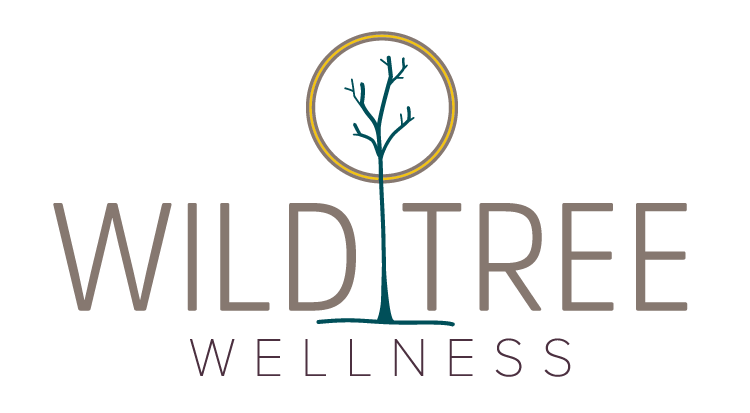April: Sexual Assault Awareness Month
April is sexual assault awareness month. Not that we shouldn’t consider this issue every other month, but taking pause in April to recognize this social issue is invaluable. Sexual assault, rape, sexual violence…whatever you call it, it is what it is: a VIOLATION. Sexual assault is an experience that turns one’s world upside down. Rape takes away the one thing we all as human beings have control over: our body and our choice.
Powerlessness and loss of control are at the root of any experience of abuse; a violation that cuts at the core of a person. It changes one’s worldview, turning the world into a place of fear and uncertainty, with an intense sense of lack of safety. One in every four women and one in six men will experience violation like this at some point in their life time. These are glum statistics. And part of what contributes to this issue continuing to be a problem is the language used around it. Consider for a moment, the recent talk about “nonconsensual sex.” Understand this: sex by definition is consensual and what we’re talking about is not sex. Anything that happens without consent is rape, assault, abuse; it’s not sex.
And let me remind you of the long time fight against the common notion to question a victim’s choices; choices about what s/he was wearing, were they drinking, where they were. Not often are the questions immediately turned on the person who took power and control away. Even the criminal justice system generally puts the victim on the defense questioning her/his reliability as a witness, rather than focusing on the fact that the defendant is the perpetrator here. It’s a crime that continues victimizing the survivor repeatedly until the case is over, the media coverage stops, and the soul begins to heal.
Let’s not forget the emotional impact of this experience. While physical injuries heal in good time, emotional wounds last many months to years after others have moved on with their lives and forget to continue checking in with their loved one. This is the loneliest time in the healing process and may leave us vulnerable to that nasty inner voice growing louder. Just as it takes much time to heal from the pain of losing a loved one, this too, demands time, patience and a gentleness with ourselves. In healing, remember to check in with yourself and ask for what you need as much as you can. And in supporting someone in healing don’t forget to check in with them, especially after much time has gone by and they have stopped bringing it up or it feels as though the dust has settled. Because I can almost guarantee you, it’s still impacting them, even if you can’t see it on the outside, and that’s when they really need the support enveloping them in love.
For more information or to read more from the survivors in our communities, check out these resources:
How politeness conditioning can lead to confusion about sexual assaults
Rape, Abuse & Incest National Network (RAINN)
Alexandra House – Servicing victims of domestic and sexual violence (Anoka County)
